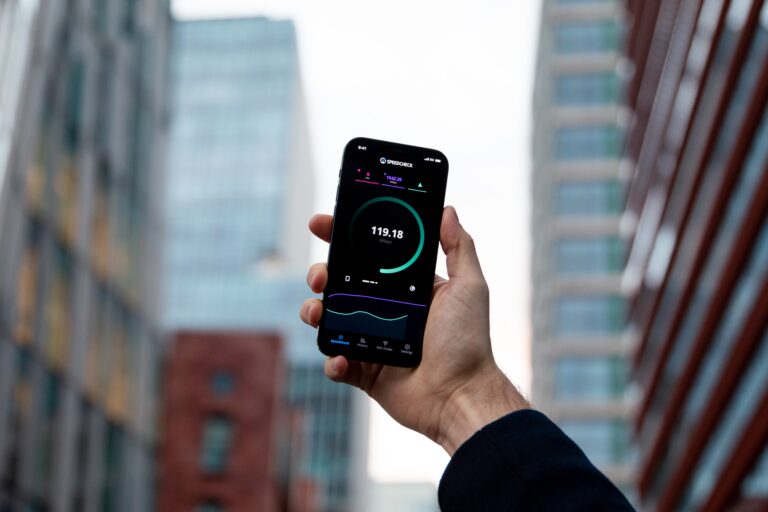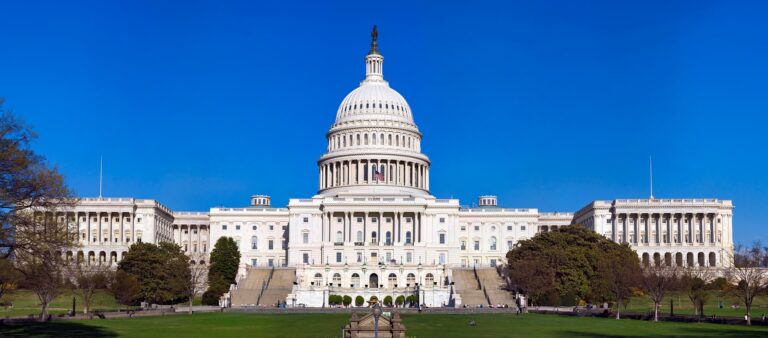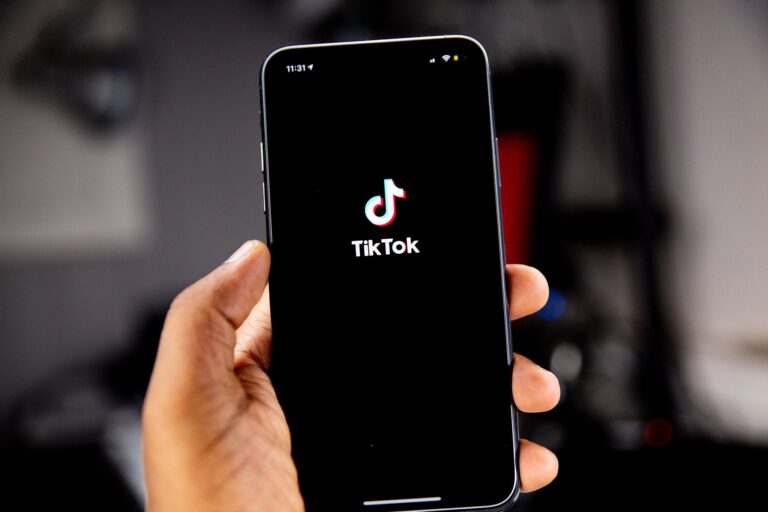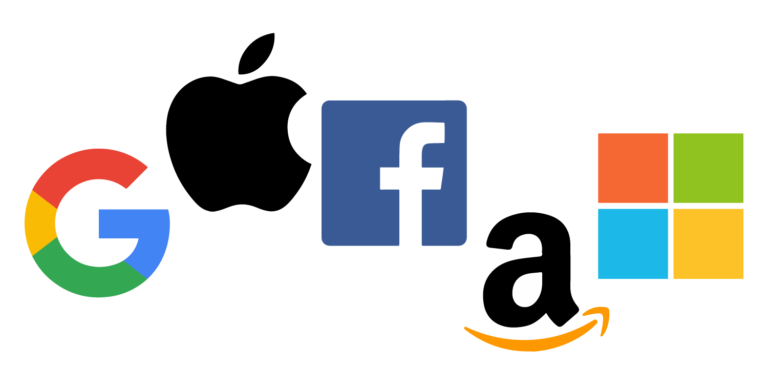
The State of Play for 5G in 2020
5G is in its nascent days as a technology – the market is establishing itself, businesses are determining whether to invest, and infrastructure is still developing. 5G hype may not square with reality but the future remains bright and potentially blazing fast.




